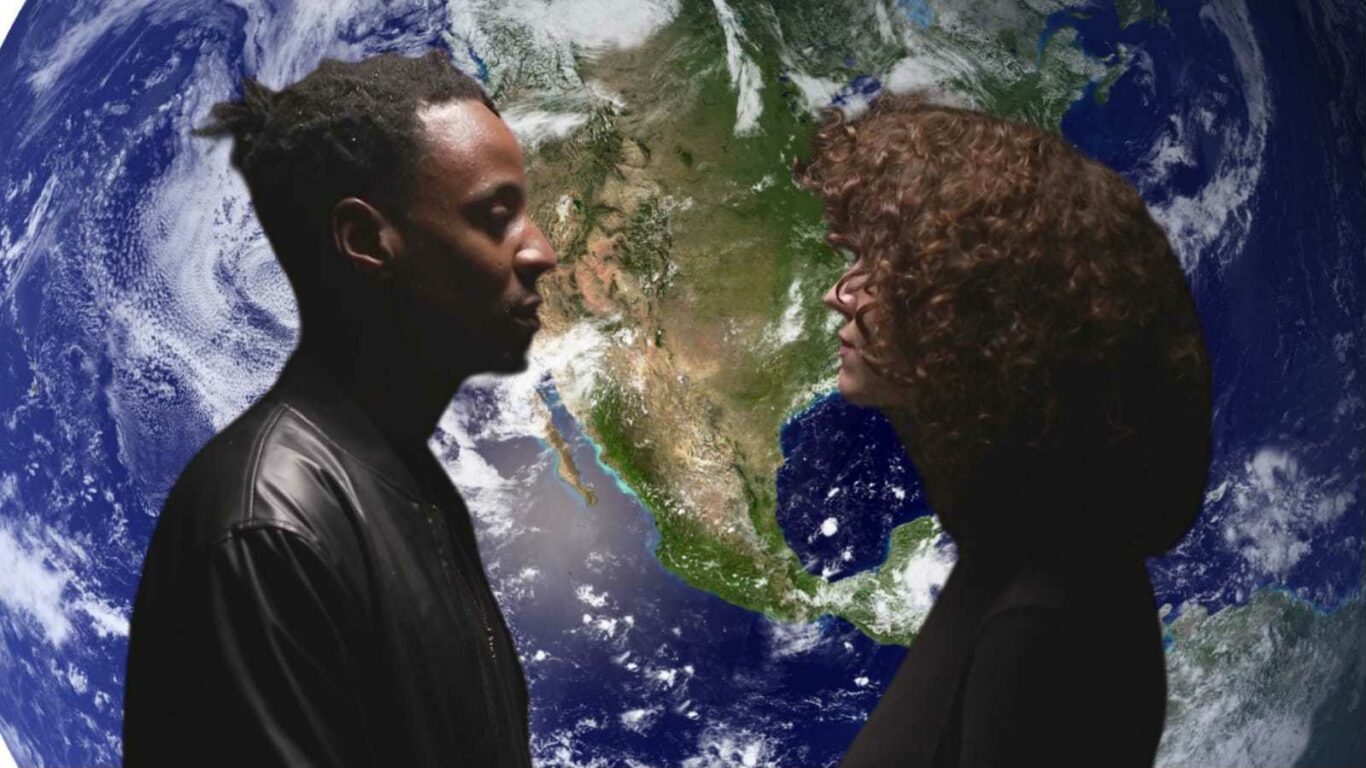Carbon footprint? You’ve probably heard about CO2 emissions in relation to climate change, have you?
Well, there is a reason for bringing that up over and over… Simply put, CO2 (carbon dioxide or “carbon”) is the most common greenhouse gas emitted by humans – with devastating effects on our climate. Therefore, we need to talk about carbon footprints and how to lower them. It’s essential for our planet and all life on earth! And the latter, we believe, is a pretty good reason.
Carbon footprint – the simple definition
What is the definition of carbon footprint? Well, the carbon footprint of a specific activity equals all the greenhouse gas (GHG) emissions created by that activity, converted into carbon dioxide equivalents.
This could, for instance, be the GHG emissions created from a certain product, an organization, or even an individual. For products, the entire life cycle is considered.
Everything from getting the materials, creating the product, shipping, using it, and handling the waste. The CO2 footprint of an individual is a subject well debated.
70% of all global emissions are because of private consumption, and changes on the individual level are therefore of great importance for lowering the global carbon emissions.
When talking about personal change, they sometimes mix the carbon footprint with the ecological footprint. Even though the two are closely related, the carbon footprint makes up as much as 60 percent of humanity’s total ecological footprint.
While the ecological footprint itself comprises other important factors beyond the CO2 footprint (water usage, biodiversity impact, etc.).
The Paris Agreement – 2 Degree Target
As climate change is not only a problem for the future but a present one, everyone worldwide needs to engage in true climate action. The Paris Agreement clarified that each country has a responsibility to lower their respective carbon footprint by achieving the “well below 2 degrees” target.
This means, among other things, working with and implementing a switch to green energy. But policymakers aren’t solely responsible for taking climate action. Other actors in society, including us individuals, share that responsibility.
Related posts:
Share this Post



